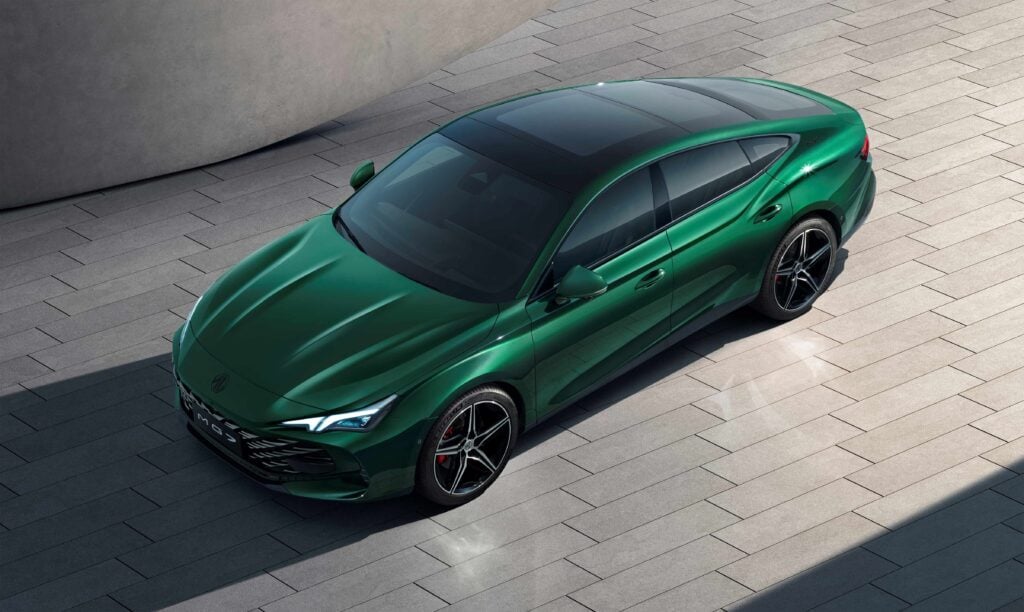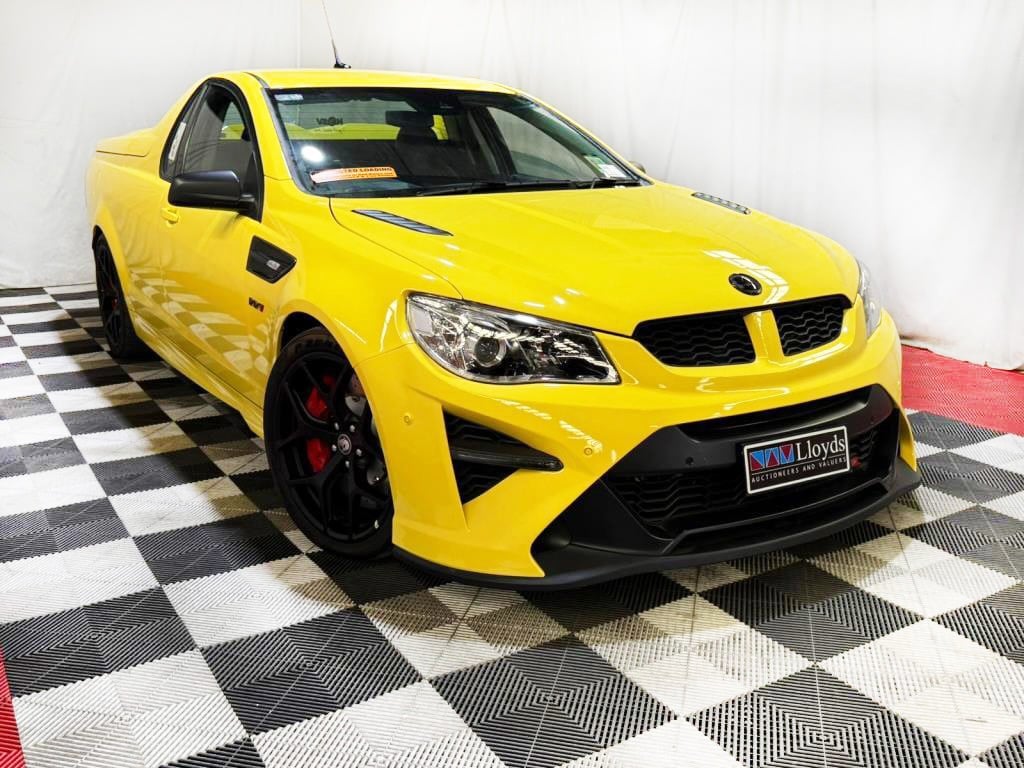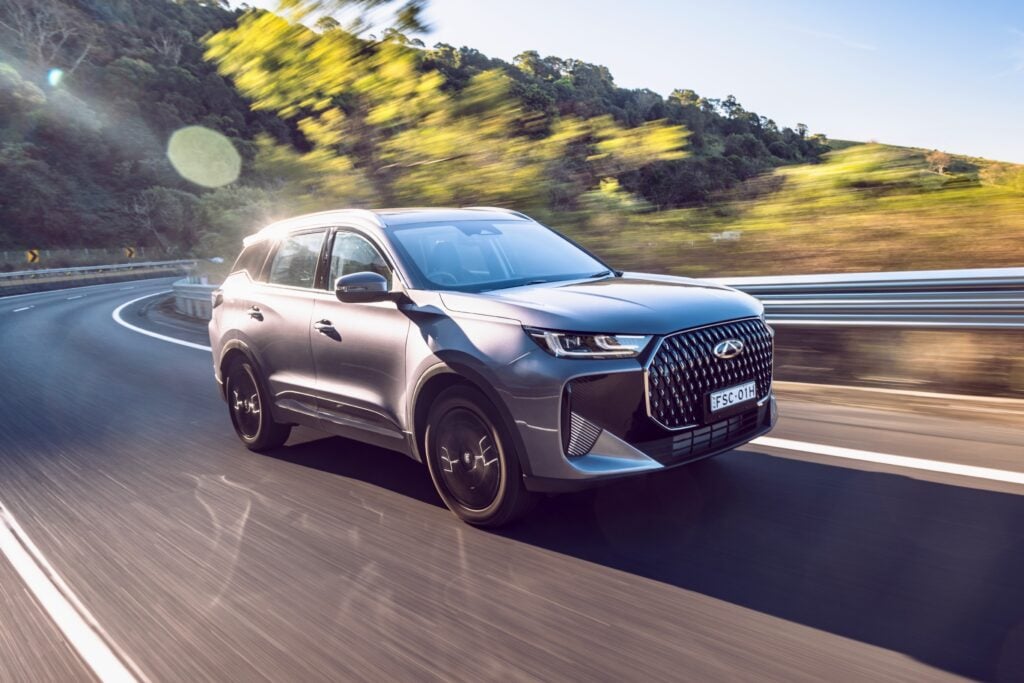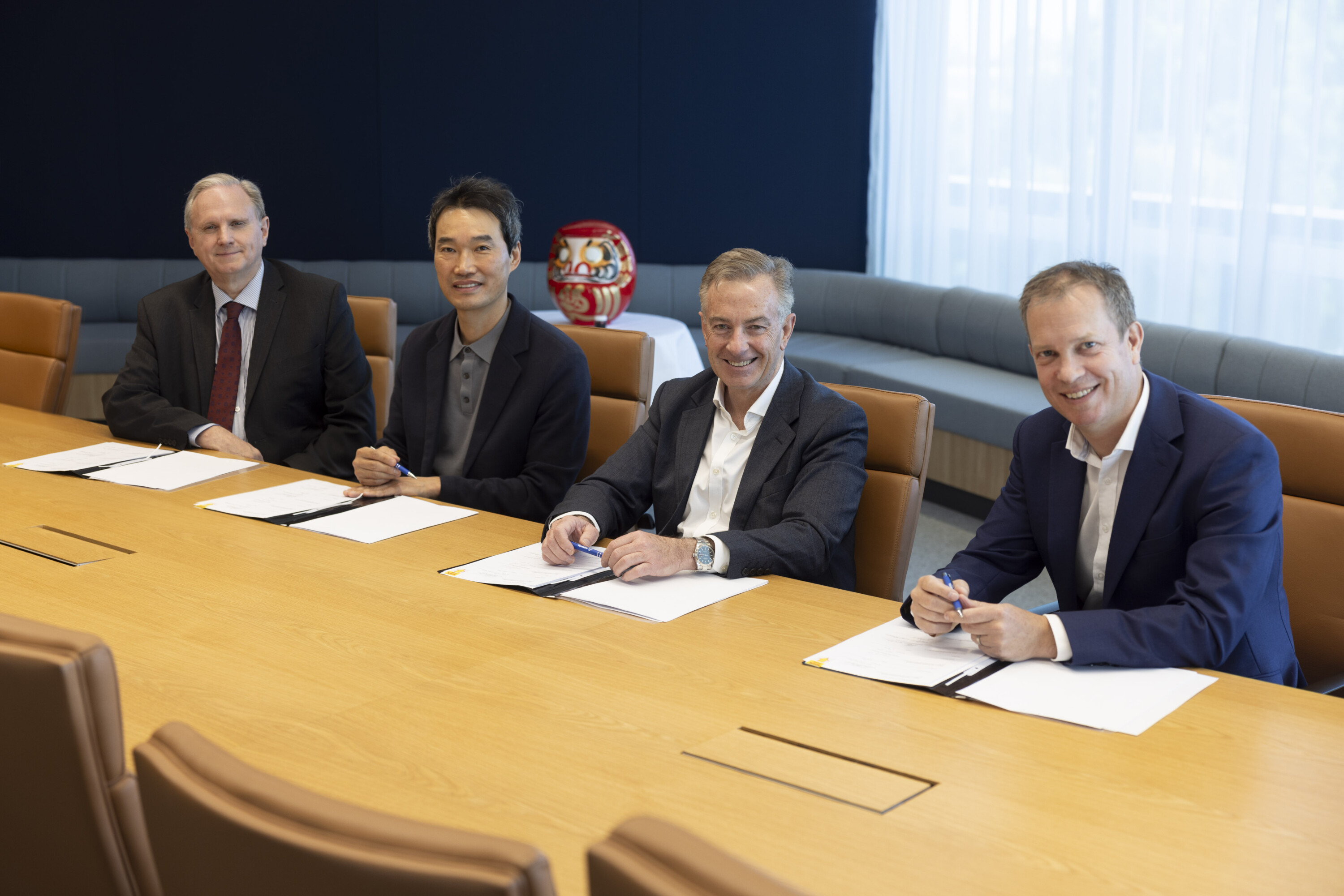
Snapshot
- Four companies sign MOU to develop hydrogen infrastructure
- Eventual goal to become a ‘hydrogen society’ post-2030
- Expect jump in number of refuelling stations; focus on heavy commercial initially
Toyota Australia, Hyundai Australia, Ampol, and Pacific Energy have signed a memorandum of understanding (MOU) linking the companies to a common goal: investing in and growing hydrogen infrastructure in Australia on the way to becoming a ‘hydrogen society’.
The MOU is a step-up from a handshake deal though the agreement doesn’t involve any cash changing hands – just the unification to work towards a common goal. And with less than 10 refuelling stations in Australia at time of publishing, infrastructure is the first step.
For Hyundai and Toyota, the interest is for their Nexo and Mirai FCEVs which are currently being operated by fleets on lease terms. With more refuelling stations and support, the companies will be able to open their FCEVs up to more buyers.
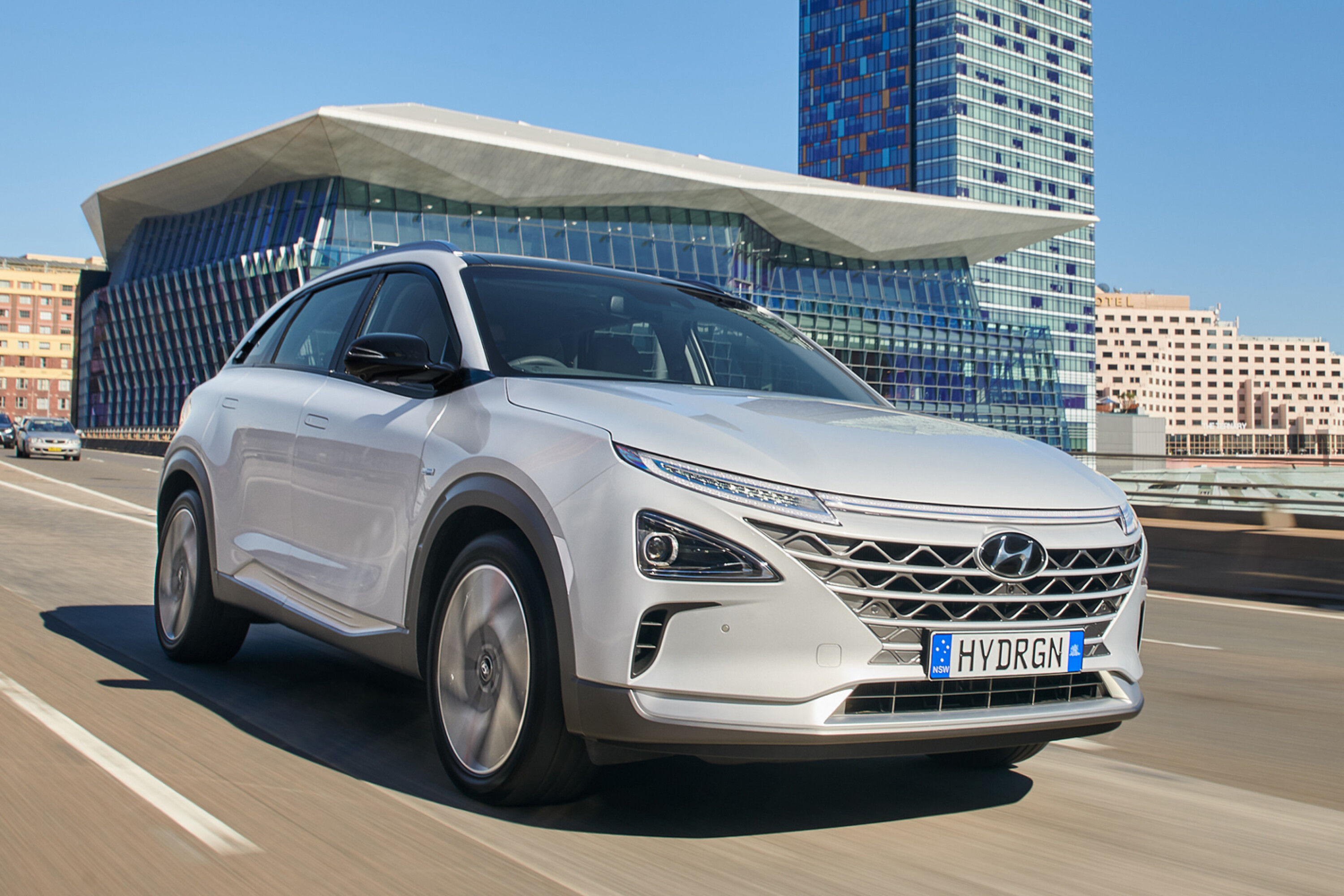
Ampol and Pacific Energy are, naturally, interested in providing refuelling solutions – especially for heavy commercial vehicles. The first step is to develop refuelling stations in Canberra, but we understand that the deal is likely to run deeper than that.
“Hydrogen can play an important role in delivering decarbonisation benefits for transport and developing the right infrastructure to support a successful rollout is key”, said Ampol managing director and CEO Matt Halliday.
Toyota has an extra interest in the plan with its EODev fuel cell power generators that will begin trials at the brand’s Altona facility. Under this MOU Toyota has the sole rights to selling and distributing the EODev generators in Australia and New Zealand.
“This month, we announced plans to locally assemble and distribute the EODev GEH2 fuel cell generator in Australia and this joint collaboration announced today provides further opportunities to explore and grow this vital technology,” said Toyota Australia president and CEO Matthew Callachor.
There’s no single clear goal for the four-strong team-up yet beyond investing in infrastructure and continuing to test, and push the boundaries of, the existing technology.
Hydrogen fuel-cell technology will play a role in heavy commercial vehicles, there’s almost no conjecture on this subject. But light commercial vehicles and SUVs are up for debate.
Although under review, the federal government’s 2019 National Hydrogen Strategy set out a goal for Australia to become a global hydrogen leader by 2030.
The MOU signed by these four companies marks a significant step, though more renewable energy sources are crucial to producing green hydrogen locally.
We recommend
-
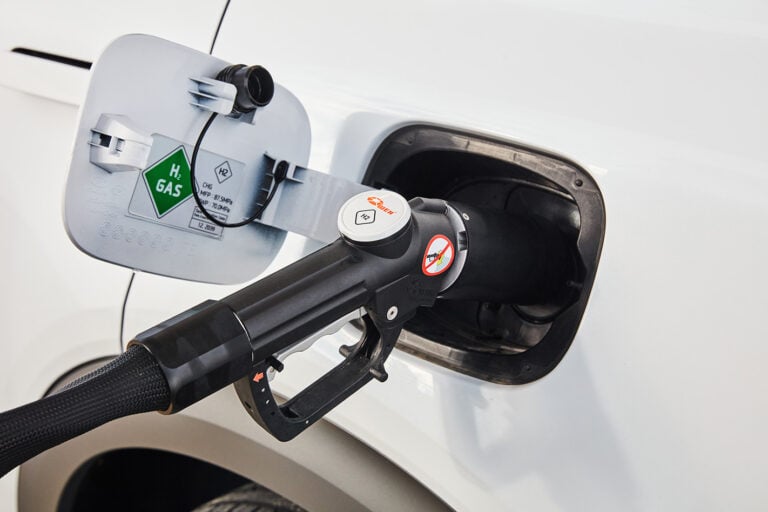 News
NewsVictoria’s Gippsland region set to become hydrogen vehicle hub
The Gippsland area in Victoria’s south east is set to transform from brown coal to hydrogen
-
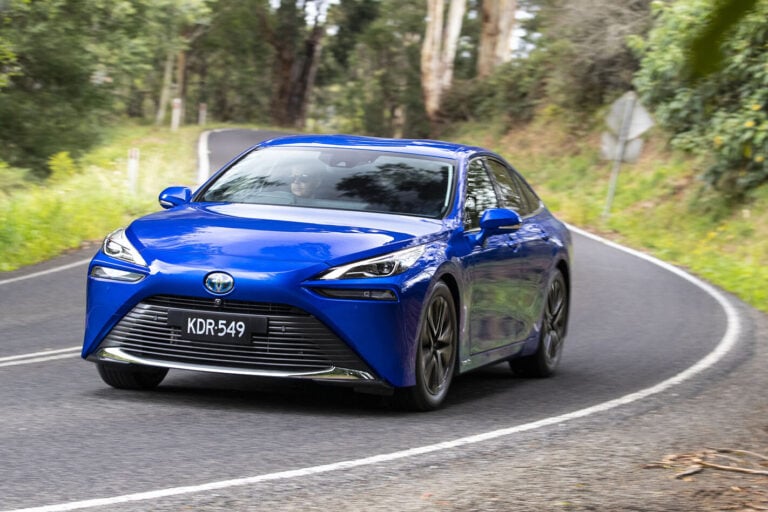 Reviews
Reviews2021 Toyota Mirai review
The second-gen Mirai's hydrogen fuel-cell powertrain is its headline act, but what is it actually like to drive?
-
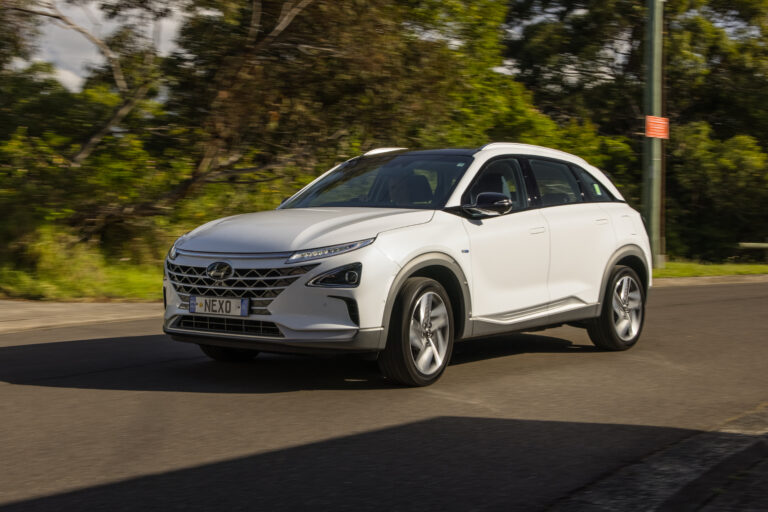 Reviews
Reviews2022 Hyundai Nexo FCEV review
This isn’t Hyundai’s first fuel-cell electric vehicle, but it’s the first one built to be one rather than a retro-fitted SUV


